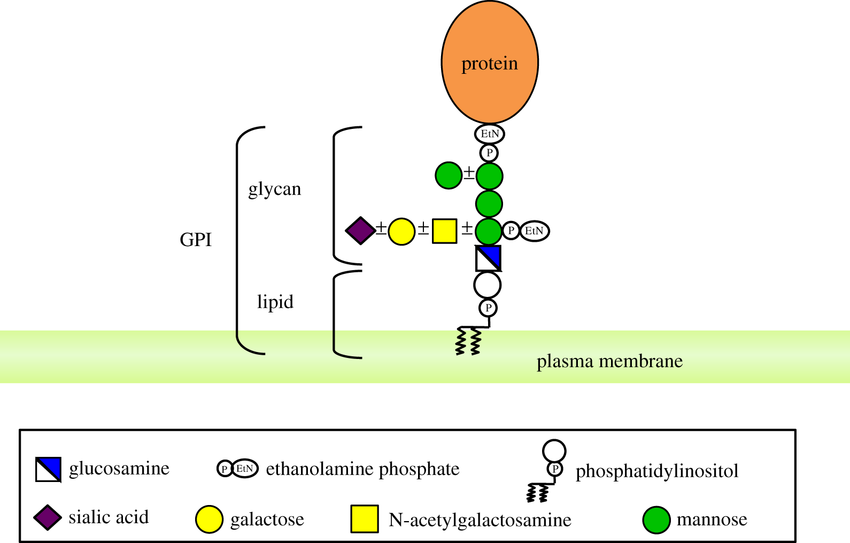Glypiation Analysis Service
MtoZ Biolabs provides Glypiation Analysis Service to help researchers characterize glycosylphosphatidylinositol (GPI) anchor modifications with accuracy and depth. Our service leverages advanced LC-MS/MS platforms, including Orbitrap Fusion Lumos and Q Exactive HF, along with tailored enrichment methods and data analysis pipelines. These tools enable the identification of GPI-anchored proteins, structural profiling of anchors, and quantitative comparisons across conditions. By resolving the inherent challenges of low protein abundance and complex anchor heterogeneity, MtoZ Biolabs delivers high-quality data that supports both discovery research and therapeutic development.
What is Glypiation?
Glypiation, also referred to as GPI anchoring, is a specialized post-translational modification in which proteins are covalently attached to a preassembled glycosylphosphatidylinositol anchor at the C-terminus. This modification secures proteins to the extracellular side of the plasma membrane, ensuring proper localization and dynamic regulation. Unlike conventional glycosylation, glypiation integrates glycan and lipid components, producing a composite structure with multifunctional roles. GPI-anchored proteins not only provide structural support to membranes but also serve as signaling mediators, immune modulators, and key players in host-pathogen interactions. Altered glypiation patterns have been linked to cancer, immune dysregulation, neurodegenerative diseases, and inherited GPI deficiencies, highlighting its biological and clinical significance.

Kinoshita T. Open Biol. 2020.
Figure 1. Glycosylphosphatidylinositol (GPI) Anchor Structure
Services at MtoZ Biolabs
1. Targeted Protein Glypiation Analysis
MtoZ Biolabs provides targeted glypiation analysis for client-specified proteins. Clients may submit one or several target proteins for site-level identification and quantification of GPI anchor modifications. After proteolytic digestion, glypiated peptides are enriched and analyzed by high-resolution LC-MS/MS to accurately determine modification sites and levels.
2. Glypiation Proteomics
For large-scale investigations, MtoZ Biolabs offers glypiation proteomics to profile GPI-anchored proteins across complex biological samples. Using peptide-level enrichment combined with high-throughput LC-MS/MS, this service enables comprehensive mapping and quantitative comparison of glypiation events across tissues, cell types, or experimental conditions.
Sample Submission Suggestions
For best results, provide high-quality protein extracts or purified proteins free of detergents and salts. A minimum of 100 µg of total protein is recommended, with samples frozen at -80°C and shipped on dry ice. Replicates are encouraged to support quantitative reliability.
MtoZ Biolabs provides a detailed sample submission guide, and our scientific team is available for consultation if further assistance is needed.
Applications
The Glypiation Analysis Service supports diverse research applications, including:
Biomarker discovery: Identify disease-specific changes in glypiation profiles that serve as diagnostic or prognostic markers.
Drug development: Characterize drug-protein interactions involving GPI-anchored proteins to guide therapeutic strategies.
Cancer research: Investigate how GPI-anchored proteins such as uPAR contribute to tumor invasion, metastasis, and immune evasion.
Neurological studies: Explore the role of glypiation in neuronal signaling, synaptic stability, and neurodegenerative pathogenesis.
Immunology: Understand immune regulation mediated by GPI-anchored receptors and complement regulatory proteins.
Infectious disease: Examine parasite GPI anchors that function as virulence factors or vaccine targets.
Why Choose MtoZ Biolabs?
✅ Advanced Analysis Platform: Orbitrap Fusion Lumos and Q Exactive HF platforms deliver high-resolution, high-sensitivity glypiation analysis.
✅ Expertise in complex PTMs: Extensive experience in glycosylation- and lipid-linked modifications ensures accurate interpretation.
✅ End-to-end solutions: From sample preparation to bioinformatics, offering seamless workflows tailored to research objectives.
✅ Collaborative support: Dedicated scientific consultation to help translate data into meaningful biological insights.
✅ One-Time-Charge: Our pricing is transparent, no hidden fees or additional costs.
Glypiation is a multifaceted post-translational modification that integrates protein anchoring, structural support, and signaling. Its investigation requires advanced analytical strategies capable of resolving both glycan and lipid components. MtoZ Biolabs combines cutting-edge mass spectrometry platforms, optimized enrichment strategies, and expert bioinformatics to deliver a comprehensive Glypiation Analysis Service. By providing reproducible, accurate, and actionable datasets, we enable researchers across academia, biotechnology, and pharmaceutical industries to uncover the roles of GPI-anchored proteins and transform knowledge into therapeutic innovation.
What Could be Included in the Report?
1. Comprehensive Experimental Details
2. Materials, Instruments, and Methods
3. Total Ion Chromatogram & Quality Control Assessment
4. Processed Results of GPI Anchors and Attachment Sites
5. Bioinformatics Analysis
6. Raw Data Files
FAQ
Q1: How does glypiation differ from other lipid modifications in proteins?
Unlike generic lipid modifications such as prenylation or myristoylation, glypiation integrates a complex glycan-lipid anchor that simultaneously provides membrane tethering and functional regulation. This dual nature requires more advanced analytical workflows, which MtoZ Biolabs is uniquely equipped to deliver with high-resolution mass spectrometry and specialized enrichment strategies.








